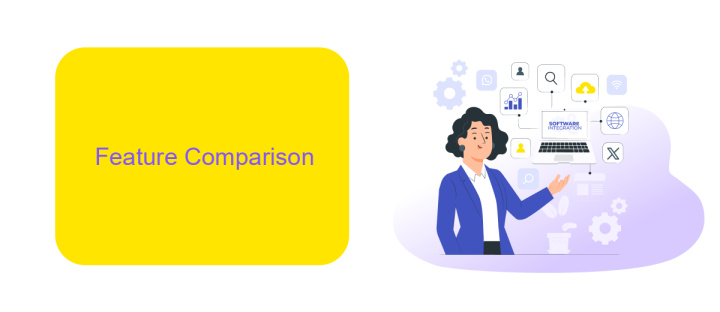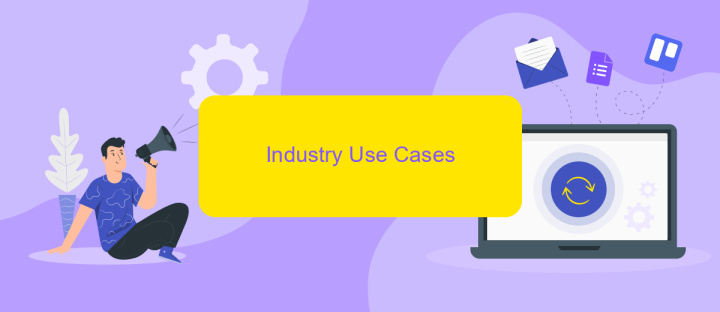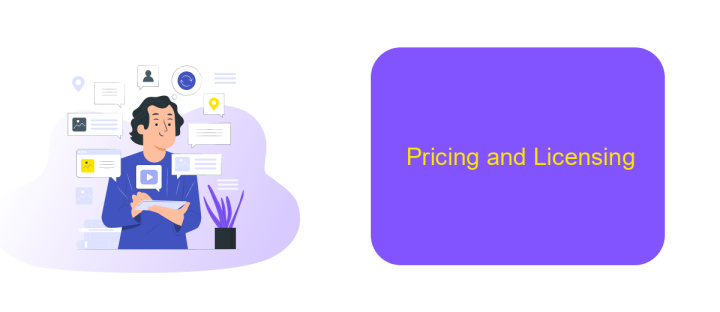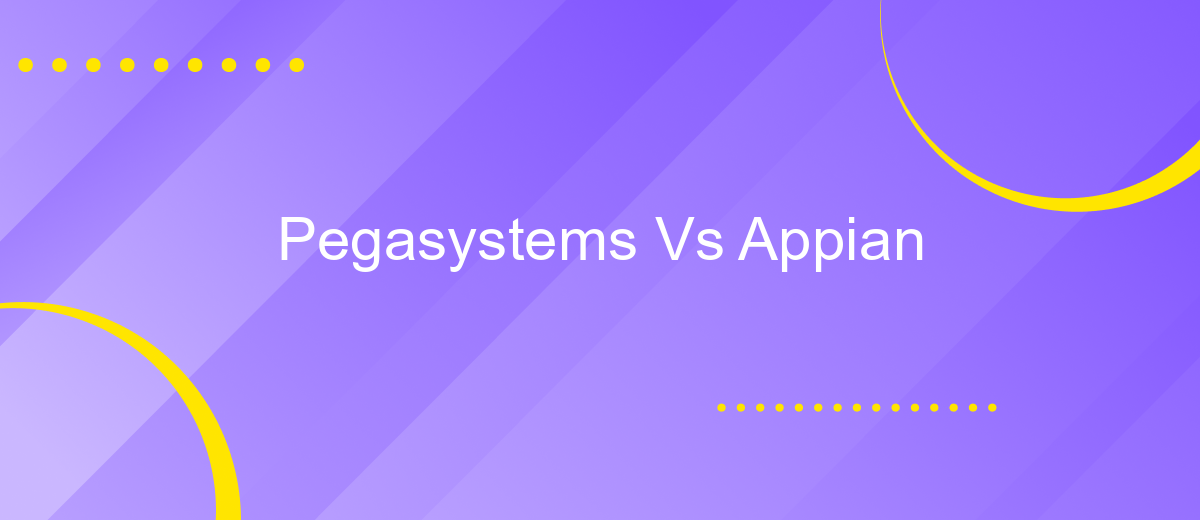Pegasystems Vs Appian
In the rapidly evolving landscape of business process management (BPM) and customer relationship management (CRM), Pegasystems and Appian stand out as two leading platforms. Both offer robust solutions tailored to enhance operational efficiency and customer engagement. This article delves into a comparative analysis of Pegasystems and Appian, exploring their unique features, strengths, and potential drawbacks to help organizations make informed decisions.
Introduction
The rapid evolution of technology has led to the emergence of numerous platforms designed to streamline business processes. Among these, Pegasystems and Appian stand out as two of the most prominent players in the Business Process Management (BPM) industry. Both platforms offer robust solutions, but they cater to different needs and preferences, making the choice between them a matter of specific business requirements.
- Flexibility and Customization: Pegasystems is renowned for its highly customizable solutions, allowing businesses to tailor processes to their unique needs.
- User-Friendly Interface: Appian, on the other hand, emphasizes ease of use with its intuitive drag-and-drop interface, making it accessible even to non-technical users.
- Integration Capabilities: Both platforms support extensive integrations, with services like ApiX-Drive simplifying the process of connecting various applications and automating workflows.
Understanding the strengths and limitations of Pegasystems and Appian is crucial for businesses aiming to optimize their operations. By evaluating factors such as customization, user experience, and integration options, organizations can make informed decisions that align with their strategic goals.
Feature Comparison

Pegasystems and Appian both offer robust platforms for business process management (BPM) and automation, but they have distinct features that set them apart. Pegasystems excels in providing a comprehensive suite of tools for complex case management and decision-making processes. It leverages AI and machine learning to optimize workflows and offers extensive customization options. Appian, on the other hand, is known for its low-code development environment, which allows for rapid application development and deployment. Its user-friendly interface makes it accessible to both technical and non-technical users.
When it comes to integration capabilities, both platforms offer strong support, but Appian has a slight edge due to its seamless integration with third-party services. For example, Appian's integration with ApiX-Drive allows businesses to easily connect and automate workflows across various applications without extensive coding. Pegasystems also supports integrations but often requires more technical expertise to set up and maintain. Both platforms provide valuable tools for improving business efficiency, but the choice between them may come down to specific needs such as ease of use versus customization capabilities.
Industry Use Cases

Pegasystems and Appian are widely recognized for their capabilities in streamlining business processes across various industries. Both platforms offer robust solutions, but their industry use cases highlight distinct advantages.
- Financial Services: Pegasystems excels in automating complex workflows, compliance management, and customer service operations. Appian, on the other hand, focuses on rapid development of custom financial applications, enhancing agility and innovation.
- Healthcare: Pegasystems provides comprehensive patient management systems and regulatory compliance tools. Appian supports healthcare providers with efficient case management and patient engagement solutions.
- Manufacturing: Pegasystems offers advanced supply chain management and predictive maintenance solutions. Appian enables manufacturers to quickly develop applications for inventory management and quality control.
Both Pegasystems and Appian integrate seamlessly with third-party services to enhance their functionalities. For instance, ApiX-Drive can be used to automate data transfers between these platforms and other enterprise systems, ensuring real-time updates and reducing manual efforts. This integration capability makes both platforms highly adaptable to specific industry needs.
Pricing and Licensing

Pegasystems and Appian offer distinct pricing and licensing structures tailored to different business needs. Pegasystems typically operates on a subscription-based model, where pricing can vary based on the complexity and scale of the deployment. This model provides flexibility for enterprises to scale their operations as needed.
Appian, on the other hand, also follows a subscription-based pricing model but emphasizes simplicity and transparency. Their pricing is often more straightforward, making it easier for businesses to predict costs and budget accordingly. Appian’s licensing includes access to their low-code platform, which accelerates application development.
- Pegasystems: Custom pricing based on deployment scale and complexity.
- Appian: Transparent subscription pricing with low-code platform access.
- Both offer enterprise-grade solutions with robust support.
When considering integration capabilities, both platforms support various integration options. For businesses needing seamless integration with other systems, services like ApiX-Drive can be invaluable. ApiX-Drive simplifies the process of connecting Pegasystems or Appian with other applications, ensuring smooth data flow and operational efficiency.
Conclusion
In conclusion, both Pegasystems and Appian offer robust solutions for business process management, each with its unique strengths. Pegasystems excels in providing a comprehensive, scalable platform that integrates seamlessly with existing enterprise systems. Its advanced analytics and AI capabilities make it a strong contender for businesses seeking to optimize complex workflows and enhance decision-making processes.
On the other hand, Appian stands out for its user-friendly interface and rapid deployment capabilities, making it an excellent choice for organizations looking to quickly implement and iterate on their BPM solutions. Additionally, services like ApiX-Drive can further enhance the integration process for both platforms, offering streamlined connectivity between various applications and systems. Ultimately, the choice between Pegasystems and Appian will depend on specific business needs, existing infrastructure, and long-term strategic goals.
FAQ
What are the main differences between Pegasystems and Appian?
Which platform is better for low-code development?
How do Pegasystems and Appian handle integration with other systems?
Which platform is more suitable for large enterprises?
What are the cost considerations when choosing between Pegasystems and Appian?
Apix-Drive is a simple and efficient system connector that will help you automate routine tasks and optimize business processes. You can save time and money, direct these resources to more important purposes. Test ApiX-Drive and make sure that this tool will relieve your employees and after 5 minutes of settings your business will start working faster.

